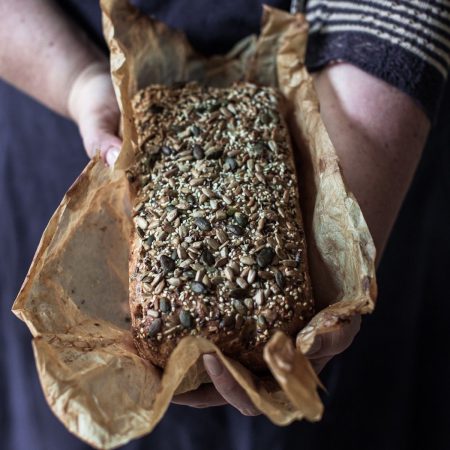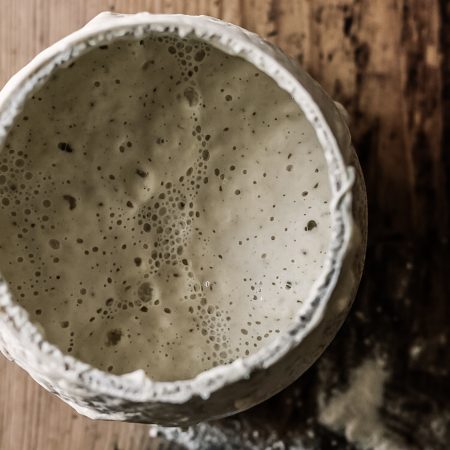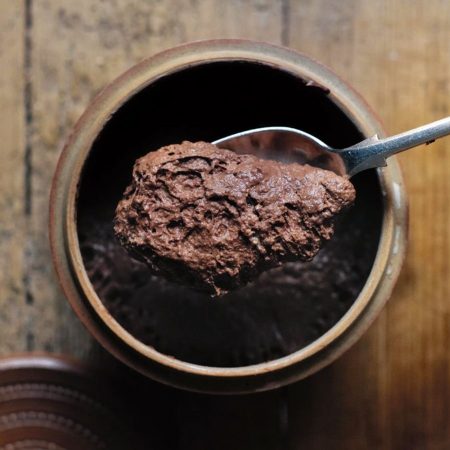When you first start to make sourdough you soon learn that there are many variables that you can use to control the fermentation process. There is no one way to control the fermentation, because there are many factors to take into account, and I often describe this as a multi faceted see-saw. In this tutorial, Vanessa talks you through these variables and how this understanding can vastly improve your sourdough baking. To access to the most comprehensive online sourdough course and our library of video tutorials, sourdough recipes, expert interviews and tips, subscribe now to The Sourdough Club. Learn to make Sourdough and you can order a free starter to get you going. Start your journey today & discover why sourdough is the healthiest bread. Find out more about how sourdough is the healthiest bread, and apply our 7 core principles to your baking to help your digestion & benefit your overall health & wellbeing. There is a world of information inside the club with core knowledge, so you learn to understand sourdough and a have whole community of bakers to support you. It's alive with baking and conversations, with the latest research, tips, regular inspiring recipes and brilliant webinars, an interactive forum, as well as discounts for members. You also get updates with news to be in the know before anyone else about the latest books by Vanessa Kimbell, and courses at the Sourdough School. To join the Sourdough Club click here If you are not able to join at the moment then please subscribe to our Sourdough Club magazine and keep up to date In the meantime, please do follow us on Instagram & Facebook LOVE BAKE NOURISH
Sourdough fermentation controls explained
Learning Objective
In this tutorial, you will learn about the variables that affect sourdough fermentation. You will find out how the understanding of these variables can improve your sourdough baking.
Learning Outcome
You will now be able to identify the variables that come into play during sourdough fermentation and understand how this diagram can be a powerful tool in improving your practice.
All reasonable care is taken when writing about health aspects of bread, but the information it contains is not intended to take the place of treatment by a qualified medical practitioner. You must seek professional advice if you are in any doubt about any medical condition. Any application of the ideas and information contained on this website is at the reader's sole discretion and risk.



